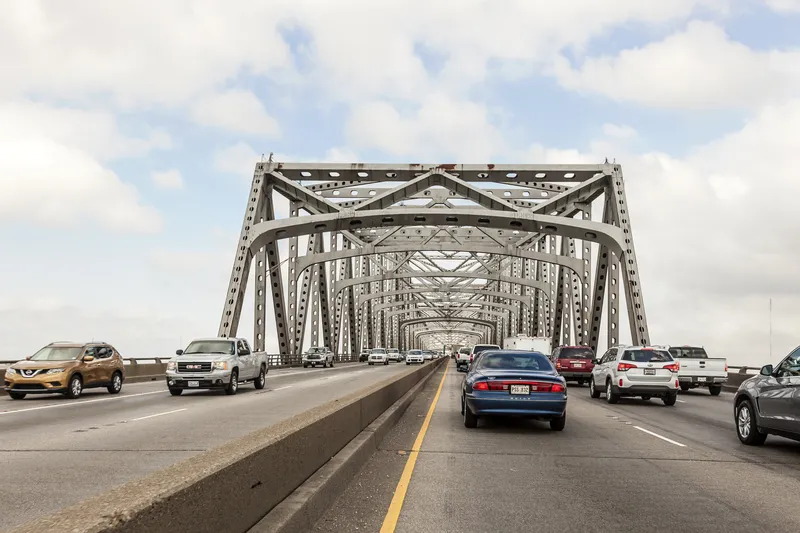A consortium of Meridiam, Cintra, Ferrovial Agroman US, Allan Myers VA, Janssen & Spaans Engineering, the Louis Berger Group and American Structurepoint has been named Preferred Proposer by the Commonwealth of Virginia for the State’s Transform 66 Project.
I-66 Express Mobility Partners will design, build, finance, maintain and operate the I-66 Outside the Beltway project under the Public Private Partnership (P3) Transportation Act. The project is designed to relieve congestion, improve safety and provi
December 12, 2016
Read time: 2 mins
A consortium of 7905 Meridiam, 5428 Cintra, 4419 Ferrovial Agroman US, Allan Myers VA, Janssen & Spaans Engineering, the 4736 Louis Berger Group and American Structurepoint has been named Preferred Proposer by the Commonwealth of Virginia for the State’s Transform 66 Project.
I-66 Express Mobility Partners will design, build, finance, maintain and operate the I-66 Outside the Beltway project under the Public Private Partnership (P3) Transportation Act. The project is designed to relieve congestion, improve safety and provide more predictable travel times for Northern Virginia and Washington, DC metro region.
The I-66 Outside the Beltway Project extends 22 miles along the Interstate 66 corridor outside of the Beltway, Once completed, it will provide significant upgrades to one of the East Coast’s most highly congested corridors, including three regular lanes in each direction and two express lanes in each direction with a state-of-the-art open-road electronic toll collection system.
It will also provide direct access between the express lanes and new or expanded commuter lots, mew and expanded transit service and park-and-ride lots; and interchange improvements to enhance safety and reduce congestion.
I-66 Express Mobility Partners will design, build, finance, maintain and operate the I-66 Outside the Beltway project under the Public Private Partnership (P3) Transportation Act. The project is designed to relieve congestion, improve safety and provide more predictable travel times for Northern Virginia and Washington, DC metro region.
The I-66 Outside the Beltway Project extends 22 miles along the Interstate 66 corridor outside of the Beltway, Once completed, it will provide significant upgrades to one of the East Coast’s most highly congested corridors, including three regular lanes in each direction and two express lanes in each direction with a state-of-the-art open-road electronic toll collection system.
It will also provide direct access between the express lanes and new or expanded commuter lots, mew and expanded transit service and park-and-ride lots; and interchange improvements to enhance safety and reduce congestion.








